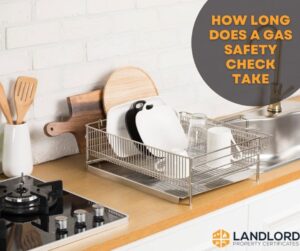
24*7 EMERGENCY SERVICES
020 8123 9487
020 8123 9487
WHATSAPP
07723 810869
07723 810869

24*7 EMERGENCY SERVICES
020 8123 9487
020 8123 9487
WHATSAPP
07723 810869
07723 810869
Work Days
Mon – Sat : 09am – 06pm
Sunday : CLOSED
Useful Links
Work Days
Mon – Sat : 09am – 06pm
Sunday : CLOSED
Our Services
- Gas Safety Certificate
- EICR Certificate
- Domestic EPC
- PAT Testing
- Fire Alarm Certificate
- Emergency Lighting Certificate
- Boiler Service
- Plumbing Services
Get A Free Quote
We will respond your text queries as quick as possible.
Landlord Property Certificates, a trading name of LPC Property Service Ltd, provides Landlord Safety Certificates and property maintenance services across Central London, West London, South London, East London, and North London within the M25 areas. Landlord Property Certificates provide services such as Gas Safety Certificate, EICR Certificate, Boiler Repair, Boiler Installation, Plumbing Service, EPC, Fire Alarm Certificate, Fire Risk Assessment Report, and Fuseboard Installation.
Copyright © 2026 LPC Property Service Ltd. All rights reserved. Reg No: 11498157
Registered Office Address: 27, Gloucester Street, London – WC1N 3AX

